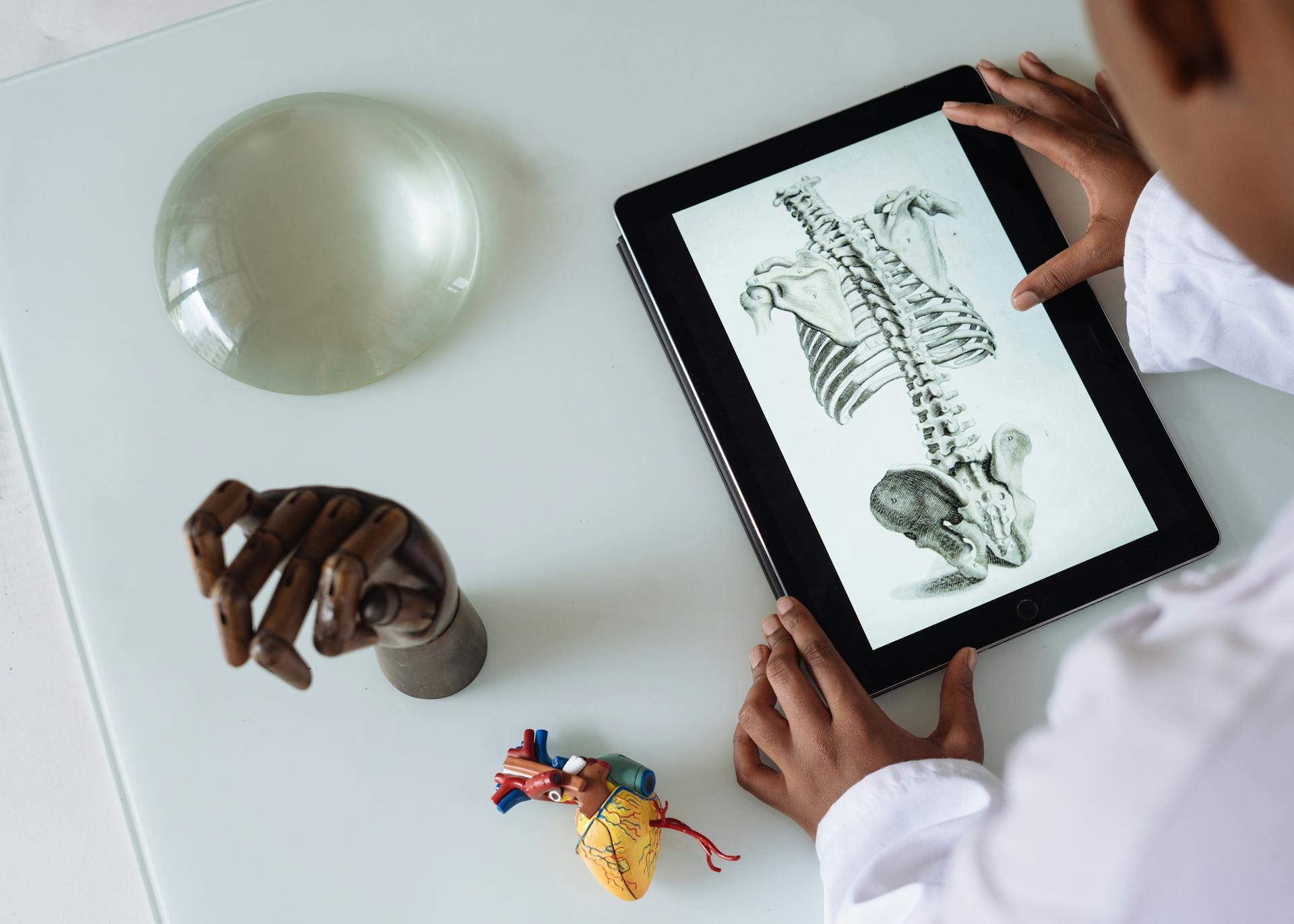Medical school is a challenging academic experience, characterized by high expectations and intense competition. But with a growth mindset, it can be surmounted. Psychologist Carol Dweck popularized the term, which she defined as the belief that your abilities and intelligence can be developed through efforts and dedication. Here is how to develop a growth mindset in medical school:.
Embrace Challenges
- See Challenges as Opportunities: Do not run away from challenging topics or activities; rather, accept them as an avenue for learning and development. Be it the topic, such as anatomy, or difficult clinical cases, being challenged will develop your resilient muscles.
- Look for and embrace challenging experiences: In a research project, there’s something that is more likely to challenge you to excel in whatever you are doing and working towards. Similarly, an underserved community served in or a clinical rotation that made you feel your skills, was challenging.
Accept Criticism
- Constructive criticism is very precious for medical education. Do not get affected by the criticism rather use it as a method to progress. Reflect on all kinds of criticism you receive from teachers, fellow students and even from your patients so you come to know about all areas in which you require growth.
- Seek Assistance: Do not hesitate to approach the guides or your fellows in case you face difficulties. Sometimes, their opinions open your minds and allow you to eliminate the hurdles lying across your path.
Development of Curiosity
- Be Curious: The act of becoming a curious learner through questioning of both the academic and clinical setting enhances learning and lets people know you are actually a keen learner.
- Read and discuss beyond what the curriculum dictates: Start researching on matters that interest you, then attend any workshop on matters that would interest you, or even participate in any discussion. All these will continue to enhance your learning and not lose interest in what you do.
Outcome Not Process-focused
- Set Learning Objectives: Distract yourself from concern about grades and exam scores and set specific, objective-based learning objectives. For example, instead of just memorizing a concept for an exam, you may want to fully understand it.
- Celebrate Small Wins: Reward yourself for any success along the way. Whether it’s mastery of a difficult topic or improvement in clinical skills, enjoying small rewards will keep you wanting.
Building Resilience
- Reframe Failure: Instead of conceptualizing failures as a matter of one’s abilities, consider them chances for learning. See what happened wrong and prepare to do something different next time.
- Self-Compassion Practice: Medical school is very stressful at times, and at such times, it becomes extremely difficult to be easy on oneself. Understand that every person has to struggle at some point in life, and setbacks are normal with the process of learning.
Supportive Community
- Surround Yourself with a Supportive Community & Build a Network: Connect with peers who share a growth mindset. Engage in study groups, participate in extracurricular activities, and foster relationships with supportive mentors who encourage your development.
- Share Experiences: Discuss challenges and successes with your peers. Sharing experiences can provide reassurance and inspire a collective growth mindset.
Learning Journey
- Reflect on Your Learning Journey: The journey to mastering a subject is perhaps the most natural point for reflecting on what one knows and does not know at this time.
- Keep a Learning Journal: Note experiences, challenges, and insights about how you have evolved. Reflecting on your journey through writing may enable you to identify patterns, celebrate progress, and identify areas for improvement.
- Periodic Self-Reflection: Periodically check in with your mindset and your learning strategies. Are you seeking growth? Are there things that you can do better? Adjust your strategies accordingly.
Commit yourself to Lifelong Learning
- Lifelong Learning: Medicine is changing. Never consider that you are through learning after medical school. Always be inquisitive and committed to learning all along your professional life.
- Professional Development: Attend conferences, workshops, and continuing education courses. It is the best way to widen your knowledge and skills. You will always be ready in all aspects of your medical life.
Developing a growth mindset in medical school will help you overcome any hurdle and make sure of success. Challenges, learning from criticism, curiosity, and building resiliency transform your educational experience. After all, a journey through medical school is not the acquisition of knowledge but becoming a compassionate and competent physician. So, adopt a growth mindset, and then the challenges that are definite can only help to step forward to success.



